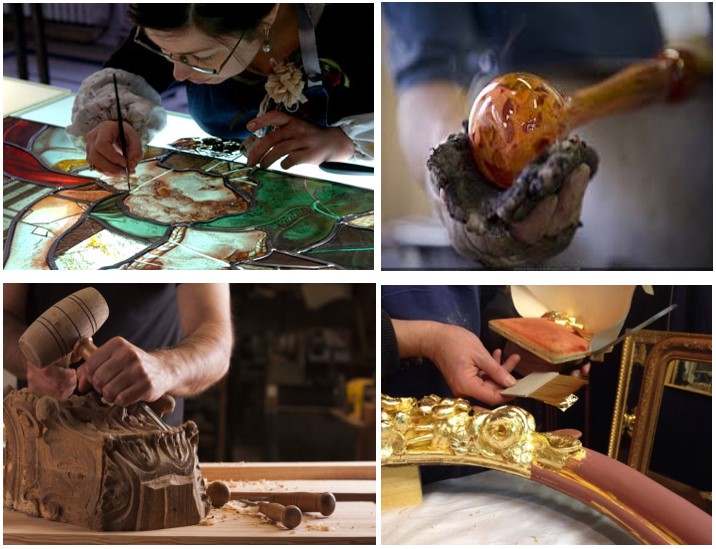
French cheeses and gastronomy are undeniably part of the living legacy of humanity.
Much effort has been deployed these past few years to protect the legacy of the cheese maker, for example at a European level, a state can not ban the use of raw milk.
But these measures are not sufficient. Industrialisation is a danger to the common legacy.
Techniques of pasteurisation, heating, and microfiltration have a negative impact on the cheese’s flavour. It is proven that the animal and its diet have an important effect on the sensory characteristics of the cheese. The orientation of the altitude of the high mountain pastures, composed of the specific vegetation make it so that the cheeses have different textures and flavours.
A study by INRA on the comparison of raw milk cheeses and pasteurised cheeses showed that after being matured for four months, there were significant differences. The intensity of the taste was reduced, as well as the acid, and there was an increase of a bitter and bad taste of the pasteurised cheeses. It was accepted that the raw milk cheeses presented a floral richness and full aroma. The more the flora is varied, the less a harmful organisme has the chance to grow.
The future of raw milk cheeses depends on the vigilance of the study and how it is carried out, the power of the public, and especially the power of the international representatives. Industrial cheese making uses ferments to reproduce the state of a cheese after it has been pasteurised. There is a huge risk because the wide use of ferments makes a ‘standard’ cheese and the aromatic richness of a diverse terrain can not be reproduced. The cheese making legacy is therefore in peril.
This is why people should support French gastronomy and French cheeses and see the cultural legacy beside UNESCO.
It is about an appreciation that French gastronomy and notably, French cheeses, have been involved considerably in human creativity and community links. The new generations should be made aware of this, of the dangers of globalisation.
The role of French cheese productions in the cultural diversity and richness of the savoir-faire is essential for the future of the people, always worried about identity.
The inscription of French gastronomy, and French cheeses, to the cultural legacy as protected by UNESCO, should allow the implement of concrete actions:
• Value given to the profession and training for future generations
• Support the status of the small cheese producers, lowering the charges they pay, in order to keep them going.
• Include the history of the legacy of cheese making in school curriculums.
• Respect of oral traditions
• Support the fetes, rites and popular traditions of the cheese world
• Limit the influence of industrial groups on the identity of the cheese makers.
• Limit the standardisation of flavoursof the cheeses by the use of ferments, supporting the farm method of raw milk.
• Tolerance in general regulations, especially hygiene. The cost of micro biotic testing. The mediation of the excessive sanitary conditions puts the tradition cheese maker in peril.
French cheeses and gastronomy are undeniably a pert of the living legacy of humanity. We are fighting for its international appreciation.